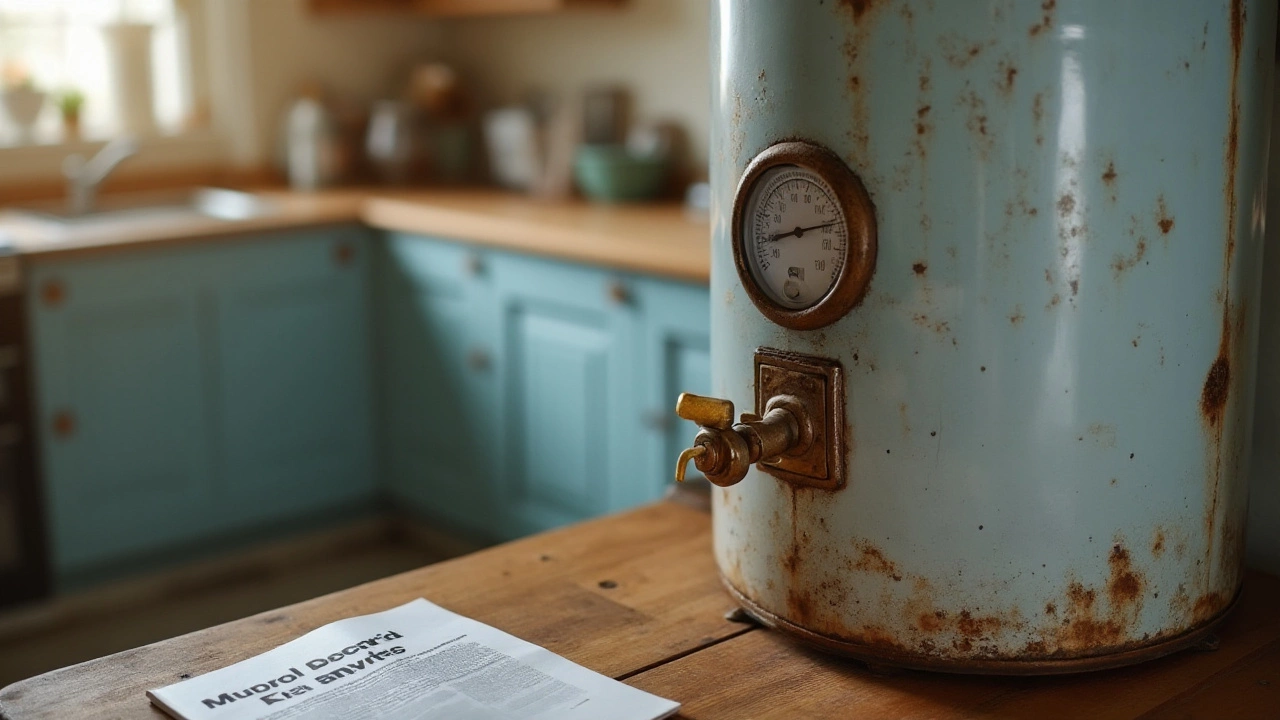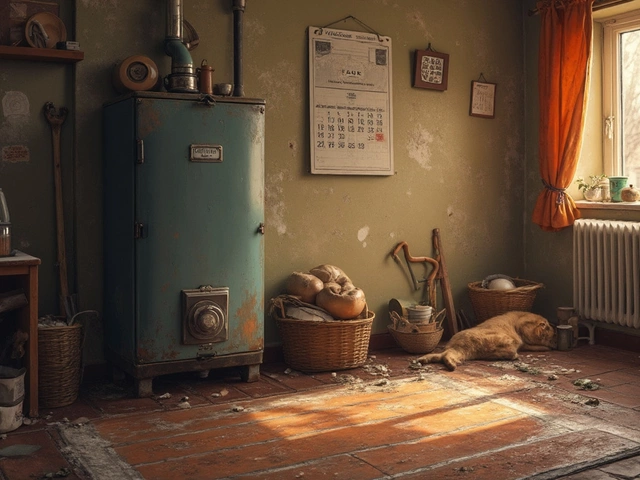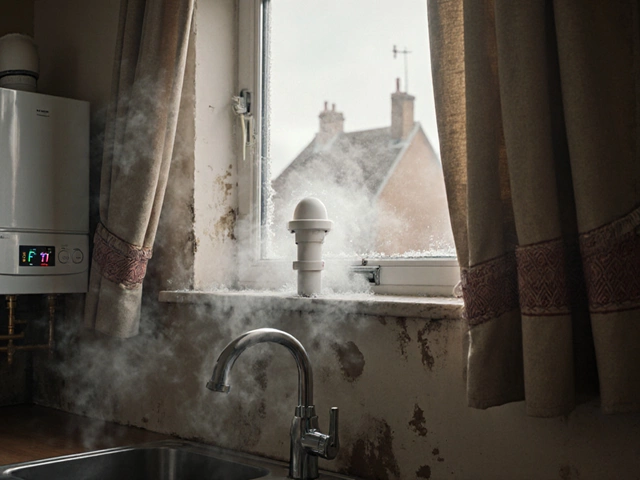If your hot water isn’t keeping up, you’re probably dealing with a water heater that’s on the brink of giving out. Ignoring the clues can lead to a cold shower in the middle of a busy morning or even a burst pipe. Below are the most common warning signs and what you can do about them right now.
1. Lukewarm or cold water – When you turn the tap, the water should stay hot for a decent amount of time. If it cools down quickly, the heating element or thermostat may be failing.
2. Strange noises – Popping, rumbling, or clicking sounds usually mean mineral buildup is heating unevenly. Over time this can crack the tank.
3. Leaking water – Any moisture around the base of the unit, a rust‑colored puddle, or water dripping from the top indicates a seal or pipe is compromised.
4. Rusty or cloudy water – If the water looks brown or has a metallic taste, the tank is corroding inside. This often precedes a full tank failure.
5. Strange odors – A sour or rotten egg smell points to bacterial growth, especially in electric heaters that sit idle for long periods.
6. Error codes or flashing lights – Modern units display codes when something’s wrong. Look up the code in your manual or ask a technician.
First, check the power supply or gas valve. A simple reset on the circuit breaker or pilot light can solve a temporary glitch. If the heater still misbehaves, turn off the power or gas, then locate the shut‑off valve and let the tank drain to remove sediment.
When you see leaks, rust, or persistent noises, it’s time to call a professional. Trying to patch a cracked tank yourself is risky and often illegal. A qualified plumber can replace the heating element, flush the system, or advise on a full replacement.
Don’t wait for a complete breakdown. Catching these signs early can save you money and avoid the inconvenience of a cold shower. If you’re in Bognor Regis, our team at Bognor Regis Appliance Repair Experts can diagnose the issue fast, repair common faults, and recommend the best next step for your water heater.
Remember, regular maintenance—flushing the tank once a year and checking the anode rod—keeps most problems at bay. Set a reminder in your calendar and you’ll enjoy steady hot water for years to come.
Bottom line: cold showers, noises, leaks, rust, smells, or error codes are all red flags. Act quickly, either by a simple reset or by calling a trusted repair service, and you’ll keep your home comfortable without surprise breakdowns.

Determining when your hot water heater needs replacement isn't always straightforward. This guide explores key signs such as irregular water temperatures, strange noises, and age that might indicate it's time to get a new unit. Understanding these signs not only ensures a reliable hot water supply but also prevents potential damage and higher energy bills. Additionally, we discuss some tips for maintenance to prolong the life of your current system.

Wondering if your oven's heating element is faulty? Learn how to identify signs of a broken oven element, including visual inspections, testing with a multimeter, and troubleshooting tips. This guide offers essential knowledge to help you diagnose and fix any issues, ensuring your oven works efficiently. Stay informed about safety precautions and when it might be time to call a professional.

In the world of home heating, boilers are real workhorses. But have you ever wondered how long your trusty boiler will keep chugging along? Typically, a boiler can last anywhere from 15 to 20 years, depending on various factors like maintenance, usage, and quality of installation. Knowing when to fix or replace your boiler not only ensures a warm home but also helps you avoid unexpected expenses.

Your hot water stopped suddenly? This guide breaks down the top 7 causes - from low pressure to frozen pipes - and shows you how to fix them yourself before calling a plumber.

Fixing an electric stove might seem daunting, but many common issues are surprisingly manageable with a bit of know-how. From understanding why the burners aren't heating to recognizing if a problem needs professional attention, this article sheds light on various aspects of electric stove repair. Whether you're dealing with strange noises, faulty wiring, or a completely inoperative oven, we explore what’s usually repairable and what might require a replacement. With practical tips, learn to troubleshoot and potentially save on costly service calls.

Thinking of tackling an extractor fan installation on your own? Doing it yourself can be a rewarding project if you have the right tools and know-how. This guide breaks down the process into manageable steps, explains what to watch out for, and offers practical tips to avoid common pitfalls. You'll learn when it makes sense to go DIY and when you might need to call in a pro.